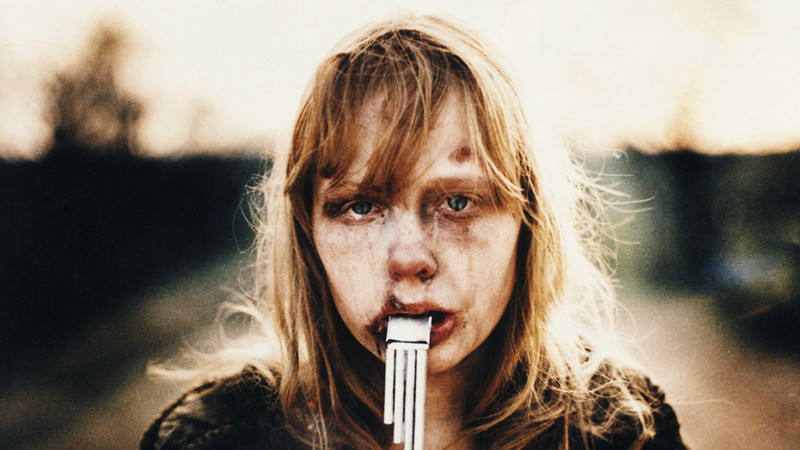
The human condition is often the subject of films; it explores it in several ways and one of these ways is to try to see the value of human life. Many directors have had this subject as a topic or interest in their films, and they have taken many roads to explore it. Some of them have tried to convey the value of life though moments of understanding, others through moments of cruelty where these values have been forgotten, and others have done both.
The films on this list are about the value of human life; they are indeed hard to see as they display our most dark behavior and our deepest sorrows, but they also show the great side of humanity.
There will be films with characters that have forgotten to see themselves in the other, and characters who show kindness to the other without knowing them and who sacrifice themselves to strangers. The films in the list are fundamental pieces of world cinema and some of the highest expressions of the human condition.
10. I, Daniel Blake
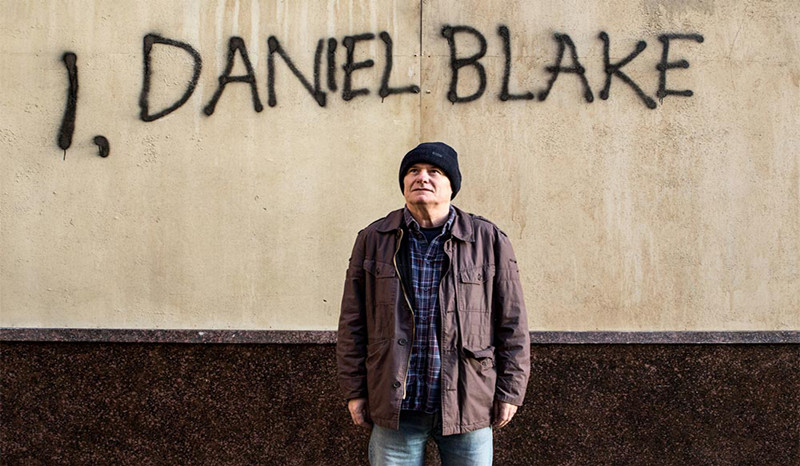
Ken Loach’s latest film was the winner of the Palme d’Or in the 2017 Cannes Film Festival; its recognition was maybe not only a recognition of the formal achievement of Loach, but also a recognition of the portrayal of human dignity in film and the critical approach to bureaucracy.
The film displays the struggles of Daniel Blake against the bureaucratic system of the United Kingdom as he tries to get economical support due to his medical condition that keeps him from working, and at the same time, we see the relationship he creates with a woman and his children.
The kindness that Daniel Blake shows to the young woman’s family contrasts with the lack of humanity with which he is treated by the institutions. Blake slowly becomes more impatient to by the inhumanity of the systems, and his medical condition becomes more and more delicate, to the point that he has a stroke just before he testifies in a trial.
By the end of the film, the woman whom Blake helped reads a letter in which Blake demands to be treated with the dignity that he deserves. A masterpiece deeply critical with the current dehumanization of our institutions, and a celebration of kindness and dignity.
9. Dunkirk
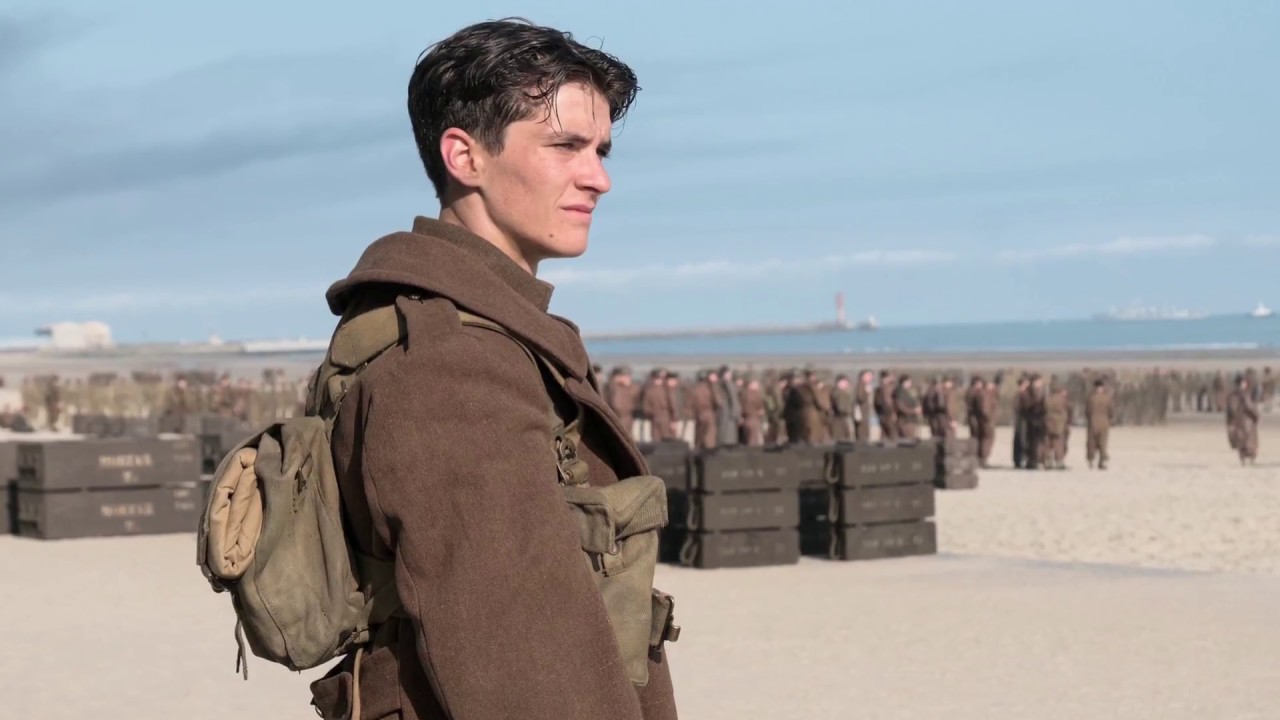
Christopher Nolan’s choral epic recreates the many events involving the rescue of British soldiers in the bay of Dunkirk. It is a crushing portrait of both the most dark and most luminous sides of humanity: war and self-sacrificing solidarity.
The film is structured in three temporary lines with three groups of lead characters; each line covers distinct segments of time, going from a few hours to a complete week. The various protagonists of the film experience the Dunkirk events from different places; one is a normal citizen who is heading towards Dunkirk in a boat, another is a British pilot going to Dunkirk on a plane, and the others are soldiers in the bay of Dunkirk experiencing the horror from the front row.
The unique experience that “Dunkirk” exalts is the value of human life, and takes a critical view on the effect of war in it. The efforts of the pilot and the man in the boat become more significant because we understand the horrors and hardships that the soldiers are experiencing.
Also due to the temporal structure of the film, the acts of sacrifice of the pilot and the man in the boat come in a moment of great emotion that culminates in the return of the soldiers to home. Even though they feel they have failed, the ending shows that the people in the town receiving them are not interested in war itself but in saving human lives.
8. Le Havre
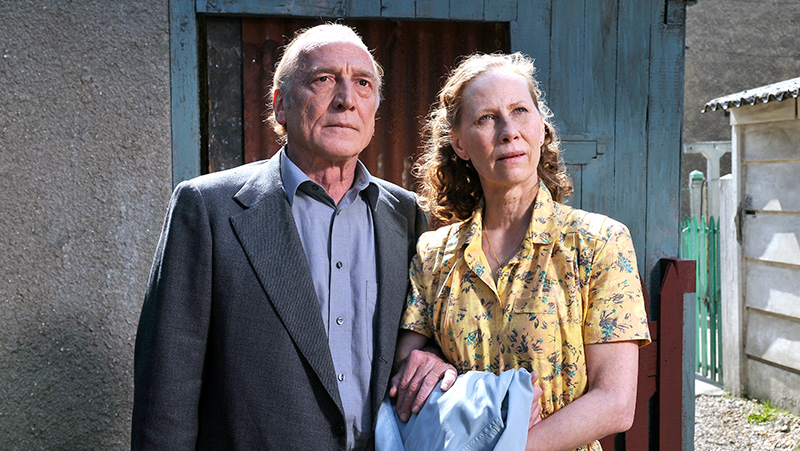
Aki Kaurismäki is known for making films in which characters struggle to communicate; they are silent and unconformable most of the time, and it precisely due to this that the moments of kindness and self-sacrifice are to honest and valuable in his cinema.
In “Le Havre,” we witness the relationship built between an immigrant black boy and an old man (also an immigrant). The boy is alone and being searched for by the police, and he needs to get to London. The old man’s wife is seriously ill; he works as a shoe shiner and decides to help the kid.
Through the film, the relationship between the boy and the old man is built with the traditional silence and isolation of Kaurismäki; we slowly see moments in which the characters feel less lonely due to the other.
The old man uses the little money he has to find the parents of the kid, and then convinces the some of the members of the community to help him gather money to get the kid to London. There are many moments in which we see individuals stand out to the system (the police) to help the kid; even a police officer decides to remain silent to help the kid.
7. There Was a Father

It is always hard to pick a Yasujirō Ozu film for every list; the problem has to do with his films not being exactly about a specific topic, and instead displaying a specific perspective on distinct circumstances.
It is as if Ozu’s subject matter is the human condition, and through his films he exalts it with its joys and sorrows. In “There Was a Father,” we witness the relationship between a son and a father who has retired from teaching after a kid passed away on a field trip, for which he was responsible.
Through the film, we see how the death of this kid profoundly affects the life of the man, played by Chishū Ryū, Ozu’s frequent leading man, but also we witness the ambiguity of his relationship with his son. They are both fond of each other, but the son resents that his father did not spend more time with him at the same time that he appreciates the sacrifices he made for his education. The father’s perspective on his past and his mistakes is transformed with the interaction he has with his son and the encounter he has with his former students.
It is hard to draw conclusions of the end of an Ozu film, and for this one when the father was away, one cannot put into words the way in which our perspective of human life has changed, but it indeed has.
6. The Salt of the Earth
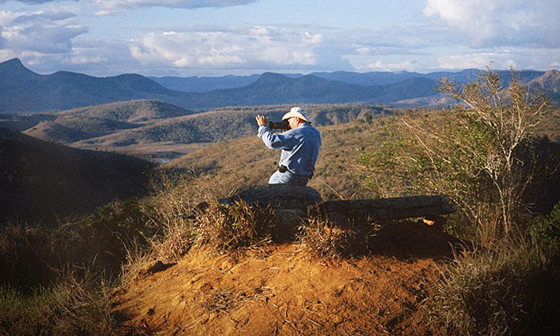
The limitless work of Sebastião Salgado is an intense, moving, and aching look on the value of human life; it is a look at the great sorrows that ache humanity. Thus, the film directed by his son Juliano Ribeiro Salgado and Wim Wenders is just the story of the way this glance at the human condition has evolved.
The film tells the story of the several trips that Salgado has made through his life, and at the same time it revisits his work and reflects on how it has affected his vision on life and himself.
Salgado’s first trips had human tragedies as a subject; the exodus that many human beings were forced to do in Rwanda, and other devastating landscapes of cruelty led Salgado to a very dark place. He even stopped taking pictures due to the lack of faith he had after all of the cruelty he saw.
The documentary tells the story of how Lélia Wanick Salgado helped her husband recover his faith, and give turn in his career to make life and its celebration the subject of his work.